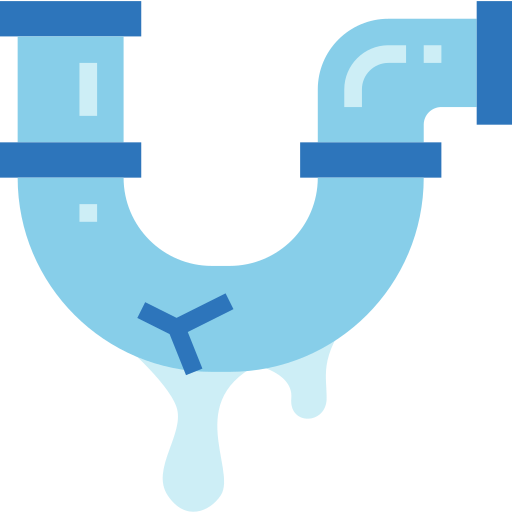- News
- 22213 views
-
Spare parts
Spare parts Motors
- Lombardini spare parts
- 3LD series
- 4LD series
- 5LD Series, LDA 672 and LDA 832
- 6LD series
- 7LD series
- 9LD series
- 11LD series
- 12LD series
- 15LD series
- 25LD series
- LDW FOCS series
- LDW CHD series
- DCI series
- Serie LGA
- Refrigeration
- Silenciosos escape Lombardini
- Correas
- Lombardini Filters
- Coches Sin carnet
- Componentes Electricos Lombardini
- Rectificion motor
- Inyeccion
- Minsel and Ruggerini spare parts
- Lombardini Marine Spare parts
- Kohler spare parts
- Hatz spare parts
- Honda GX spare parts
- Acme spare parts
- Yanmar Spare parts
- Deutz spare parts
- Spare parts Lister Petter
- Isuzu spare parts
- Kubota spare parts
- IVECO-FPT spare parts
- Raywin Spare Parts
- Cummins Spare Parts
- WM Motori Spare Parts
- Lombardini spare parts
- Engines
- Sincro alternators
- Alternadores Linz
- Accessories AB Trasmissioni
- About us
- Blog
- Contact / SAT
- Manuals
English









